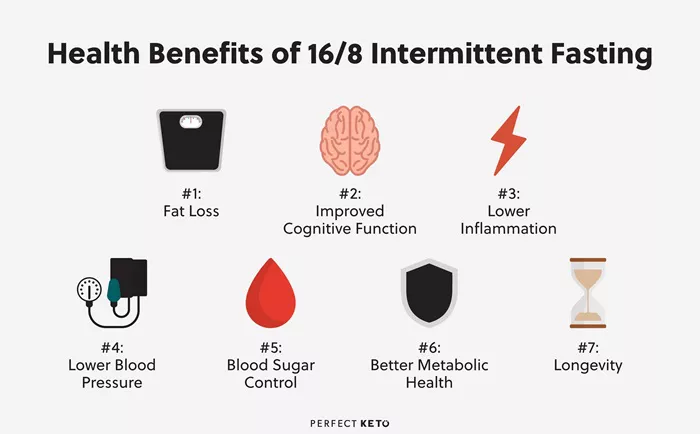Michigan State University (MSU) public health researchers are working to expand a groundbreaking program that has significantly reduced the incidence of postpartum depression among new mothers. The Reach Out, Stay Strong Essentials (ROSE) program, an evidence-based initiative, has shown promising results, lowering postpartum depression rates by 50% among its participants.
A New Approach to Postpartum Mental Health
The ROSE program differs from traditional interventions. According to Jennifer Johnson, a prominent figure in MSU’s public health department and a key advocate for the program, “It’s not screening. It’s not treatment. It’s prevention.” The program targets expectant mothers during pregnancy, before postpartum depression can take hold. This preventive approach has proven successful in addressing the mental health challenges many new mothers face after childbirth.
Addressing the Need for Support
Diane Wisnieski, facilitator of the ROSE program at Henry Ford Health, highlights the lack of postpartum support for new parents. While labor and delivery classes are common, new parents often feel unprepared for the emotional and relational shifts that follow. Wisnieski notes that many new mothers are overwhelmed and exhausted, leading to mental health struggles as they try to meet the demands of parenting. The federal Office of Women’s Health reports that one in eight women experience postpartum depression within the first year of childbirth.
Wisnieski encourages new mothers to maintain some aspects of their identity outside of motherhood. “We talk about what those goals could look like for that person,” she says. The ROSE program offers a four-session curriculum that educates expectant mothers about the changes they will face postpartum and teaches them assertiveness skills to ask for the help they need.
Building a Strong Support System
The central message of the ROSE program is that it “takes a village.” Wisnieski emphasizes the importance of cultivating a support network, which can include not only immediate family but also neighbors, friends, and community members. The program helps mothers identify their village, whether it’s people who assist with chores or someone who helps them take time for self-care.
One participant shared her experience with the program: “This postpartum experience has been way different from my last because I’ve cultivated my village, and I’ve asked for help and received it from them,” she said.
Rachael Norwood, another ROSE facilitator at Henry Ford Health, reflects on the program’s success, noting that even mothers who develop postpartum depression benefit from the program’s focus on building confidence in seeking help.
Expanding Access to the ROSE Program
The success of the ROSE program has drawn attention from national health organizations. The U.S. Preventive Services Task Force recognizes counseling interventions like ROSE as effective in preventing perinatal depression. Through clinical trials, Johnson and Caron Zlontnick, who developed the program, demonstrated a 50% reduction in postpartum depression among participants.
Currently, the program is offered to women at risk for postpartum depression, but Johnson is working to make it available to all expectant mothers. In fall 2024, MSU launched the ROSE II project, a new initiative in collaboration with Brown University and Henry Ford Health. The project, funded by the National Institute of Mental Health, seeks to expand the program to a broader audience.
The ROSE II project is recruiting participants from various states, including California, Connecticut, Illinois, Maine, Massachusetts, Michigan, New York, Ohio, Oregon, Rhode Island, and Washington. Participants will engage in virtual interviews before and after birth, with some invited to join the ROSE program. Those interested in participating can register online at ROSEmom.org.
Cost-Effective and Equitable
One of the main arguments for expanding the ROSE program is its cost-effectiveness. Johnson estimates that untreated postpartum depression can cost the healthcare system upwards of $30,000 per mother, while the cost of participating in the ROSE program is just $100 to $150. By making the program universally available, Johnson believes it could reduce healthcare costs significantly while also ensuring equitable access to vital mental health resources.
“It’s more equitable to offer the program to everyone, rather than trying to identify who needs it,” Johnson says.
A Call for Community Support
Wisnieski stresses that new parents should not feel they have to navigate the challenges of parenthood alone. Help is available through local health departments, hospital systems, and community mental health services. Additionally, the 988 Lifeline offers support for those in need, and Postpartum Support International provides free virtual support groups daily.
As MSU researchers work to expand the ROSE program, the hope is to reduce the prevalence of postpartum depression and ensure that all mothers have access to the support they need during this critical time.
Related Topics
Health Officials Investigate Pinellas County School After Teacher’s Death from Rare Disease
New Mental Health and Addictions Emergency Care Space to Be Built at Thunder Bay Hospital



































